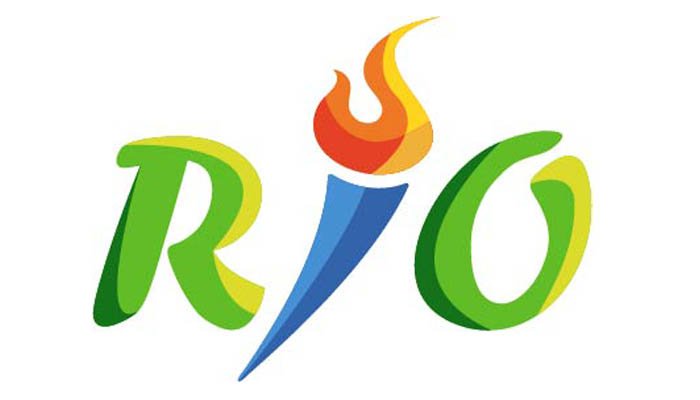The Opening Ceremony for the 2016 Rio Olympics is two days away and an expected half-a-million consumers worldwide will descend upon ‘The Marvelous City,’ many of which will spend a small fortune on memorabilia, meals, event tickets, transport and apparel. And let us remember that Brazil is not only hosting the Olympic Games, but also the 2016 Paralympic Games from Sept. 7-18.
The correlation of the payments industry and the Olympics is more than fans and tourists swiping and inserting credit cards. We offer three payments issues critical to the 2016 Games in Rio.
1. Pay With Caution
A recent study by ACI Worldwide and the Aite Group revealed that credit card fraud is rising fast in Brazil: In 2014, only 30 percent of Brazilian consumers reported an instance of credit card fraud. That figure has jumped to 49 percent in just two years. For consumers who might be traveling to Rio in the next two weeks, ACI recommends the following payments safeguards:
Tell Your Bank: It is always good to notify your bank that you’re traveling to another country. Banks view a credit card transaction in, for example, Buffalo, N.Y., one day and Rio a day later as suspicious and will likely decline the transaction.
Do Not Swipe: It’s 2016. Make certain the merchant has an EMV chip reading device at the point-of-sale. By now, consumers should know that it is far more secure than swiping.
Cash is King: Simply use cash for transactions. For any merchant that won’t accept cash, consider it a red flag and move on.
Lock Your Mobile: Make certain your mobile phone is locked and stays locked with your passcode.
2. Will Local Banks Benefit?
A year ago, officials in the City of Boston (55 miles south of Instabill’s hub of Portsmouth, N.H.) were vying to host the 2024 Games, claiming the Games would be an economic boon to the Greater Boston area and New England in general.
The ‘economic boon’ that officials claim the Olympic Games bring is largely a farce. In fact, for most cities it can be quite the opposite (Montreal finally paid off its debts from the 1976 Games in January).
We’re curious, however, to see the effect it has on Brazil since the giant credit card brands – Visa MasterCard, American Express and Discover – don’t have the monopoly in South America that they do in other parts of the world. Brazilian consumers – and South Americans in general – are very loyal to local banks such as Itau, Bradesco, Banco de Brasil, Caixa.
3. Friendly Exchange Rate
For U.S. and European tourists, it’s a very good time to visit Brazil. The current exchange rate is between the U.S. dollar, the Euro and the Brazilian real favors the U.S. and Europe: One Brazilian real is equal to 30 cents and €0.27 euro.
Headed to Brazil?
We would love to know what safeguards you’re taking as far as payments. Leave us a comment below.


